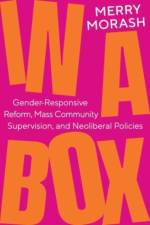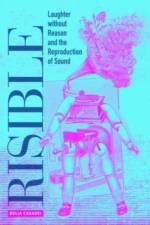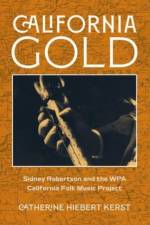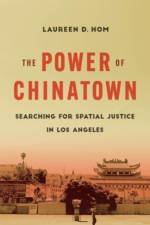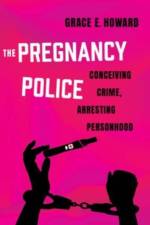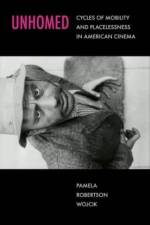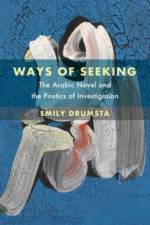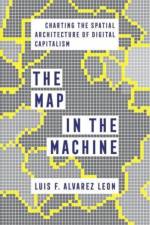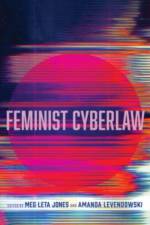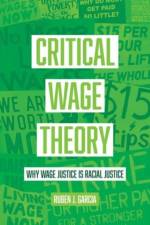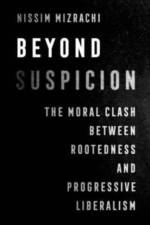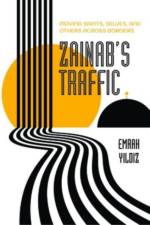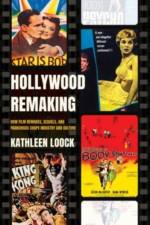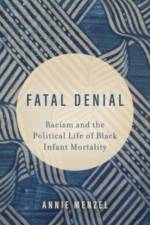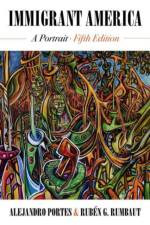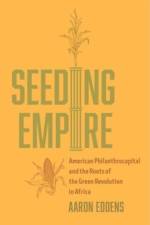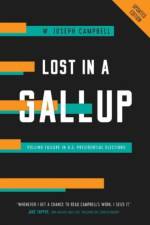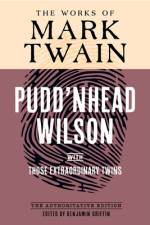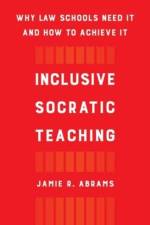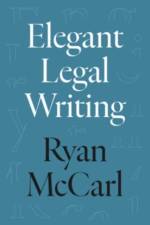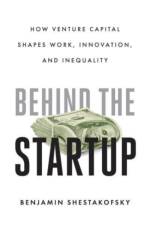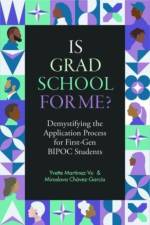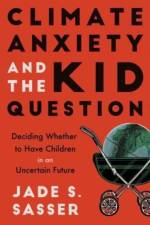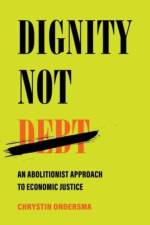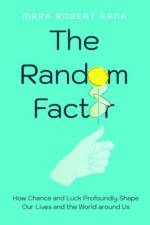av W. Joseph Campbell
347
"W. Joseph Campbell's work always opens my eyes, challenging assumptions the world has turned into facts. Whenever I get a chance to read Campbell's work, I seize it."--Jake Tapper, CNN anchor, chief Washington correspondent and author of The Outpost and The Hellfire Club "Pioneering pollster George Gallup once noted wryly that the only 'crime' in his business was to get an election wrong. If so, it's a profession full of recidivists, as W. Joseph Campbell details in his sweeping account of polling failures in U.S. presidential elections. Campbell, who was a historical fact-checker before fact-checking was cool, has given us the definitive account of this topic in a well-written narrative that is riveting even though the reader knows how the stories end. Now they will know why, as Campbell reveals the deleterious effects that polling debacles have on our already stressed politics. In the midst of another presidential election, this book is a must-read for every pollster, polling analyst, political writer, candidate, or campaign adviser in America, many of whom appear as characters--and not always admirable ones--in this superb book."--Carl M. Cannon, Washington Bureau Chief, RealClearPolitics "This book should be on every pollster's desk to remind us of one stubborn fact: if we get too cocky with our polls, the actual voters will make us humble."--Spencer Kimball, Polling Director, Emerson College "Campbell reminds us that in the weakened state of U.S. politics, we may not survive another public opinion polling blunder such as the one we experienced in 2016. His book clearly and patiently explains the long and troubling history of polling failures in presidential politics, dating back to the New Deal. Today's shaky, click-baited news industry is locked in a mutually dependent relationship with polling and may be more vulnerable to polling manipulation or misfeasance than journalists were in 1948. The book could not be more timely and should be a primer for every informed political observer and journalist."--William J. Drummond, Professor of Journalism, University of California, Berkeley "Campbell takes a deep dive into the science of polling--when it works, when it doesn't, and why we continue to be fascinated with these 'snapshots in time' of public opinion. Lost in a Gallup is a well-researched, scholarly, and relevant look at the complexity of this key arena as we head into one of the most consequential elections of our era."--Carla Marinucci, Senior Writer, Politico "This engaging history of presidential polling mishaps goes beyond the usual focus on methodological shortcomings. It explores how critics have depicted the codependent relationships between pollsters, politicians, and the press. The stage is set for the next polling problem to be revealed."--Joel Best, author of Damned Lies and Statistics and Stat-Spotting "Worth a read for every political reporter."--Michael Socolow, Director, McGillicuddy Humanities Center Communication & Journalism, University of Maine, and 2019 Fulbright Scholar, University of Canberra

